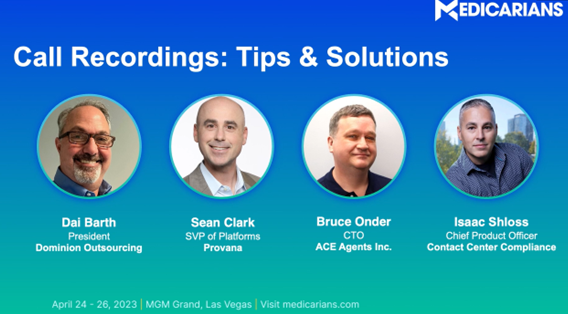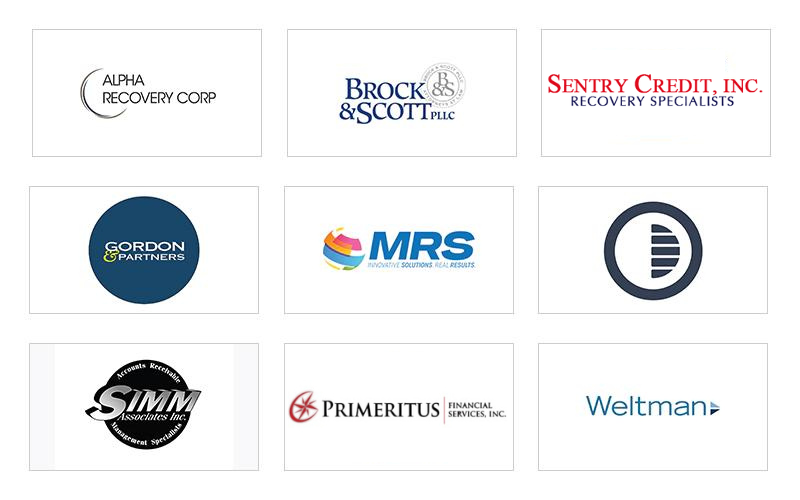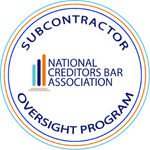Call Recording for Health Insurance Agents: Tips and Solutions
- May 18, 2023
- Category: Call Recording

Recommended Reading
If you are an independent agent, part of a field marketing organization, or a health insurance carrier yourself, you are likely aware of the CMS Final Rule 2023, which mandates the recording of all customer/prospect calls. This means that recording customer/prospect calls is no longer optional but required by law. Here is a quick summary of what the law entails:
- All Medicare and Medicaid marketing calls, including enrollment-related interactions, must be recorded, and stored for 10 years.
- The rule applies to all healthcare field agents and professionals who enroll beneficiaries in new Medicare Advantage and/or Part D plans.
Now that you are aware of the law and its implications, how do you execute this? While solutions for recording calls exist, agents are still grappling with how to best implement them. How can you select a solution that is right for you, your prospects, and the data security of your business? What are the features you should look for when you buy or rather replace your existing call recording solution? How can you leverage call recording data to boost your revenues?
Recently, four industry leaders gathered at Medicarians to address some of the most pressing questions in the call recording space. The panel consisted of:
- Sean Clark, SVP of Platforms at Provana
- Dai Barth, President of Dominion Outsourcing
- Bruce Onder, CTO of ACE Agents Inc.
- Issac Shloss, Chief Compliance Officer at Contact Center Compliance.
The discussion underscored the significance of call recording as a vital tool for improving compliance and performance. It also emphasized the importance of staying up to date with the latest trends and technologies in the field.
Why Should I record my calls?
Did you know that recording offers you more than call monitoring? It can also provide valuable insights for reporting and quality assurance checks. Sean had a remarkably interesting take on reasons for call recording. He opines that power of call recording can be extended (with speech analytics platform like ICAP) as a coaching tool to help teams meet their performance goals and standards. The data can identify improvement areas and provide the perfect opportunity to course correct your agent’s sales strategy.
Panel verdict: The panel explored the regulatory and client reasons for enforcing a robust call monitoring policy and strategy. Ultimately, implementing a call monitoring policy can help your business achieve compliance, improve quality, and enhance performance.
How can I select the best solution?
Knowing the “why” is the easy part; selecting the right solution is where things can get tricky. When making your decision, there are a few aspects to consider, such as data security, redaction, accessibility, and storage cost. Here are the four key features you should look for when selecting a call recording solution:
- Integrations – The system should have built-in capabilities to integrate with on-prem and hosted dialers, as well as your software at scale. It should allow you to track, access, analyze, and share call recordings from a single dashboard.
- PHI and PCI Redaction – Recordings are often stored for up to 10 years, so it is crucial to ensure that data is protected. End-to-end encryption can mitigate risks and meet compliance standards. As Sean had put it – Tech has emerged tremendously and we can empower agents by ensuring that solution factors in the risk of breach and automatically redact with certain standards. The solution should also have options to pause recording on-demand and redact sensitive information like PHI and PCI.
- Optimized Storage – Storage costs may increase over the next ten years, so how do you ensure that the business case remains intact? Finding the right balance between cost and technology is key. For example, long term storage services can be optimized by extending call recording solutions to align with speech analytics.
- Easy Searchability – The solution should be easily indexable and allow for easy search and replay of any recording from a single place, using advanced search capabilities based on date, time, extension, caller ID, and more.
Panel Verdict: Panel considers Integrations, redaction capabilities, storage optimization and easy searchability as the top 4 criteria to select a call recording solution for health insurance agents.
What’s next – Possibilities for enhanced productivity and performance
While compliance is important, Provana believes that call recording and speech analytics can do much more than simply ensuring compliance. There is so much that you can do with this data. The speech analytics tool such as Provana’s ICAP can help identify the reasons for decreased productivity, such as wait and hold times or system struggles. Additionally, it can optimize call outcomes and identify coaching opportunities by reviewing 100% of calls. Even though this approach may seem new to the industry, Provana has successfully deployed speech analytics in similar other industries.
With speech analytics, machines can listen to entire call recordings and identify specific factors that you instruct it to look for, such as 30-40 things that CMS requires. You can create a scorecard for disclosures and identify where agents are struggling and where coaching would be most valuable. This approach saves time by allowing you to analyze reports instead of listening to every single phone call. You can even provide customized training to agents who need it most.
The tool can process hours of recordings in mere seconds, analyzing everything from greetings to terms and conditions, and can be customized to measure what is important to you. You can turn your requirements into opportunities and turn it to your advantage.
Exponentially increase power of call recording
FMOs or independent agents often have a recording solution but struggle with monitoring calls to ensure CMS compliance and identify coaching opportunities. Hiring more staff for this means more expenses and efforts invested in retention. Insurance carriers, independent agents and associated field marketing teams can save time and money by implementing an advanced speech analytics solution which helps create compliance and revenue.
Sean Clark, SVP of Platforms at Provana, discusses the impact of Speech Analytics on three core pillars of business – Policy, Performance and Productivity – in a video presentation that is sure to leave you inspired. Get ready to be amazed by his insights and recommendations!







